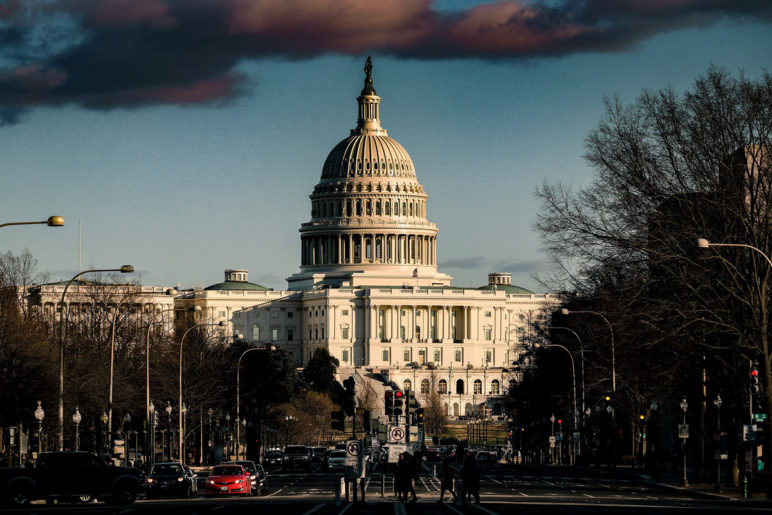Seattle, Wash.—Savanna’s Act was introduced into the 116th United States Congress yesterday. This legislation seeks to improve the tracking of data for missing and murdered American Indians and Alaska Natives by the Department of Justice (DOJ), standardize law enforcement and justice protocols regarding missing and murdered American Indians and Alaska Natives, improve consultation with tribes, and provide tribes and law enforcement agencies with training and technical assistance.
Despite the bill’s lack of provisions to address concerns about the missing and murdered indigenous women and girls (MMIWG) crisis in urban areas, Seattle Indian Health Board decided to endorse the bill out of respect for the tribal families that would benefit from the legislation and for the tribes, who are underfunded and gain a greater reach in helping end the MMIWG epidemic.
Seattle Indian Health Board is a community health center that specializes in the healthcare for urban Indians—tribal people currently living off federally defined tribal lands and in urban areas. The organization operates a clinic in Seattle, Wash. and advocates for the health and well-being of urban Indian communities with tribal, community, and government partners at the local, state, and federal levels.
“We support legislation that is going to create safer environments for Native people. We will always stand with our tribal partners, but we need legislators to understand that 71 percent of the American Indian and Alaska Native population live in urban areas, and they are essentially excluded from this legislation,” said Esther Lucero, CEO of Seattle Indian Health Board.
In November 2018, Seattle Indian Health Board’s research division, Urban Indian Health Institute, released a report titled Missing and Murdered Indigenous Women & Girls, which highlighted the epidemic and data issues in 71 urban cities across the United States.
Urban Indian Health Institute released the report during a press conference in Washington D.C. that was hosted by Senator Lisa Murkowski (R-AK) and joined by former U.S. Senator Heidi Heitkamp (D-ND) and U.S. Senators Patty Murray (D-WA), Maria Cantwell (D-WA), and Jon Tester (D-MT); U.S. Representative Derek Kilmer (D-WA); and Juana Majel-Dixon (Pauma Band of Mission Indians), Executive Board Member and Recording Secretary of the National Congress of American Indians (NCAI).
The report documented the first set of data on missing and murdered American Indian and Alaska Native women and girls in urban areas and revealed significant challenges in collecting data on the total number of missing or murdered American Indians and Alaska Natives residing off-reservation and outside rural villages.
“We are glad that our report has helped bring attention to the MMIWG cause and the issues around data, but that report specifically highlights the epidemic and data issues in urban areas. Now it is being used by legislators to advance political agendas, while the people it is meant to serve are being ignored,” said Abigail Echo-Hawk, Director of Urban Indian Health Institute and co-author of the report.
Seattle Indian Health Board did provide recommendations to the bill, which included explicitly naming urban Indian communities throughout the legislation, formalizing on-going engagement with urban Indian-serving organizations when it does not threaten the sovereignty of tribal nations, and funding organizations serving the urban Indian communities most impacted by the MMIWG crisis through research and programs.
“We hope that urban Indian voices are heard when it comes to the MMIWG issue and in all health policy,” said Aren Sparck, Government Affairs Officer of Seattle Indian Health Board. “The federal trust responsibility is not contained to reservation boundaries and we need our legislators to understand that if we are going to make progress in the health of all Native people.”
To read the Savanna’s Act, go to https://bit.ly/2WN0vQc.
To read Urban Indian Health Institute’s report, go to https://bit.ly/2qEfNrX
# # #
Contact
media@sihb.org
206-324-9360 Ext. 3024
